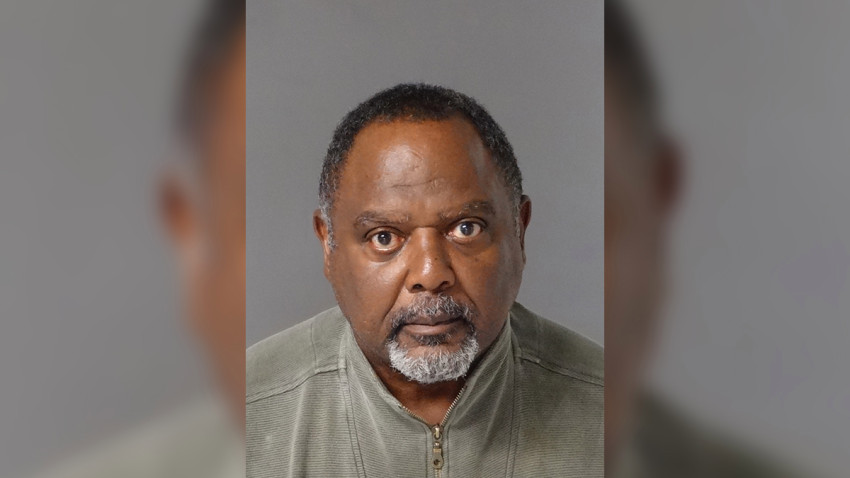Jurors in downtown LA began to hear closing arguments Friday in the trial of a man accused by prosecutors of being a serial killer, who was arrested after genealogical database searches allegedly linked him to the murders of two young women in the 1980s.
"He's a man who brutalizes and dehumanizes women," LA County Deputy District Attorney Beth Silverman told jurors of Horace Van Vaultz, Jr., now 67, who faces two counts of first degree murder with special circumstances.
"He's someone who derives pleasure from inflicting pain and suffering," Silverman said as she led jurors through the evidence and testimony presented over the last few weeks.
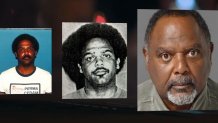
Get Southern California news, weather forecasts and entertainment stories to your inbox. Sign up for NBC LA newsletters.
Vaultz, who testified in his own defense during the trial, is charged with the murders of 21-year-old Selena Keough in 1981 and 22-year-old Mary Duggan in 1986.
He has denied he killed the women but his lawyer did not dispute that it was Vaultz's DNA found on their bodies.
"No sir!" he answered when his defense attorney asked if he was guilty of killing Keough and Duggan.
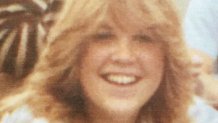
The defense suggested Vaultz's DNA might have been found on the victims because Vaultz described himself as having a voracious sexual appetite and claimed he had been with dozens, if not hundreds, of different women in the 1980s.
"I'm a swinger," Vaultz told jurors repeatedly. "That's my lifestyle."
On cross examination Silverman pressed Vaultz on whether his swinger explanation for the DNA was believable, his history of assaults on other women, and denials of remembering Keough or Duggan.
Silverman: “I see, so your argument for this jury is at some point you had sex with Selena Keough, right, and then somehow, she wound up strangled under a bush about a mile and a half from your home?”
Vaultz: "One of my homes."
Later Silverman asked if Vaultz would call that a coincidence.
"I would call that, I don't know anything about it," Vaultz replied.
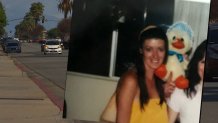
Both cases had remained unsolved for decades until the unknown DNA profile of a man found at both crime scenes were added to a state database and matched.
Duggan's body was found in the trunk of a car in Burbank in 1986, and Burbank Police Detective Aaron Kay told the I-Team in 2020 that the highly publicized arrest of the so-called Golden State Killer, that was the result of using genealogical searches, prompted him to request the same for the Duggan and Keough cases.
"That was big news, because now there was a different way of using the suspect’s DNA to try to identify him," Kay said.
After Vaultz was identified police learned he had been tried and acquitted in 1988 of a similar murder in Ventura County.
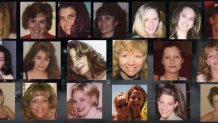
Janna Rowe's body was found in a trash pile in Ventura in December, 1986. Vaultz had rented a motel room for her in Thousand Oaks days earlier, and was later seen driving her car.
Even though Vaultz was found not guilty of Rowe's murder it was presented at this trial as potential evidence of Vaultz's pattern of behavior toward women.
"It is not a coincidence that these women met the same fate at the hands of the same man," Deputy DA Silverman said during closing arguments.
Jurors could begin deliberations Tuesday.

